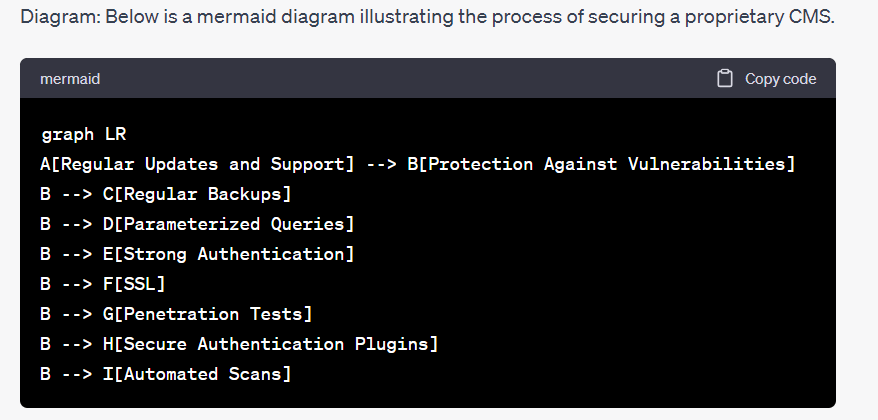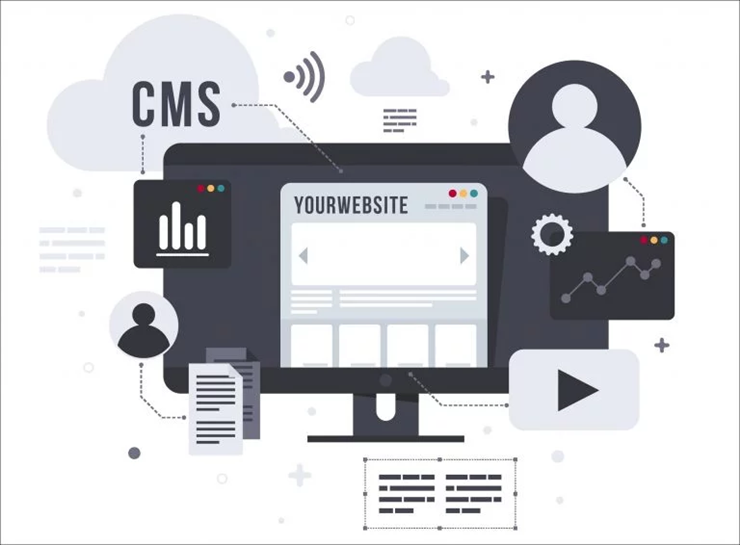Introduction
As business leaders and IT managers, the decision to select the right Content Management System (CMS) can significantly impact the success of a company’s online presence. A CMS serves as the foundation for managing digital content, and the choice between open source and proprietary CMS can be a challenging one, involving careful consideration of cost, ease of use, and security risks CMS implications.
The Dilemma: Open Source vs. Proprietary CMS
When it comes to CMS options, two main contenders stand out: open source CMS and proprietary CMS. Open source CMS is undoubtedly enticing due to its cost-effectiveness and widespread popularity. However, there is a critical aspect that is often overlooked—security concerns. In 2020 alone, the number of reported vulnerabilities in open source CMS skyrocketed by over 50%, raising alarming red flags.
On the other hand, proprietary CMS might require an initial investment, but it comes with several benefits that can be a game-changer for businesses. Proprietary CMS providers handle regular upgrades and security fixes, relieving organizations from the burden of managing vulnerabilities themselves.
Understanding the Security Risks of Open Source CMS
This CMS platform, while widely adopted, come with inherent security risks. Business owners and IT managers must be well aware of these risks to make an informed decision.
- SQL Injection
One of the most common and dangerous security threats in open source CMS is SQL injection. Attackers exploit vulnerabilities in web applications to execute malicious SQL queries, potentially gaining unauthorized access to sensitive data.
- Unapplied Updates
Failure to apply timely updates is a major concern with open source CMS. When security patches and updates are released, delaying their implementation leaves websites susceptible to known vulnerabilities.
- Brute Force Attacks
Brute force attacks involve repeated attempts to guess login credentials, making them a significant risk for weakly protected open source CMS installations.
- Cross-Site Scripting (XSS)
XSS attacks exploit security loopholes in web applications to inject malicious scripts into web pages, potentially compromising user data or hijacking sessions.
- SEO Spam
Hackers might target open source CMS websites to inject spammy content, damaging SEO rankings and causing reputational harm.
- Vulnerable Themes/Plugins
Third-party themes and plugins may contain vulnerabilities that attackers can exploit to compromise the website’s security.
Embracing the Enhanced Security of Proprietary CMS
Proprietary CMS offers robust security measures, making it an attractive option for businesses prioritizing safeguarding their digital assets.
- Regular Updates and Support
Proprietary CMS providers are committed to offering regular updates and continuous support, ensuring that security patches and enhancements are promptly applied.
- Protection Against Vulnerabilities
To fortify your proprietary CMS website against potential vulnerabilities, consider implementing the following practices:
- Regular Updates: Stay up-to-date with the latest CMS versions and security patches.
- Backups: Regularly back up your website data to prevent data loss in case of a security breach.
- Parameterized Queries: Use parameterized queries to mitigate the risk of SQL injection attacks.
- Strong Authentication: Implement robust authentication mechanisms to prevent unauthorized access.
- SSL: Encrypt data transmission with SSL to protect sensitive information.
- Penetration Tests: Conduct regular penetration tests to identify and address potential weaknesses.
- Secure Authentication Plugins: Leverage secure authentication plugins or two-factor authentication (2FA) for enhanced login security.
- Automated Scans: Employ automated security scanning tools to proactively detect and address vulnerabilities.
Conclusion
When it comes to choosing a CMS, security considerations should be at the forefront of your decision-making process. While open source CMS might seem appealing due to its cost-effectiveness, the increasing number of reported vulnerabilities demands caution.
Proprietary CMS, with its regular updates, dedicated support, and advanced security features, emerges as the clear winner in the battle for a secure and efficient CMS solution.
By prioritizing security and adopting best practices, businesses can safeguard their digital assets, boost customer trust, and maintain a competitive edge in the digital landscape.
Remember, investing in the right CMS is an investment in the future success and growth of your business.

You may also like to read:
4 Best React Based CMS
Kubernetes vs. Docker vs. Jenkins: Difference between the three

